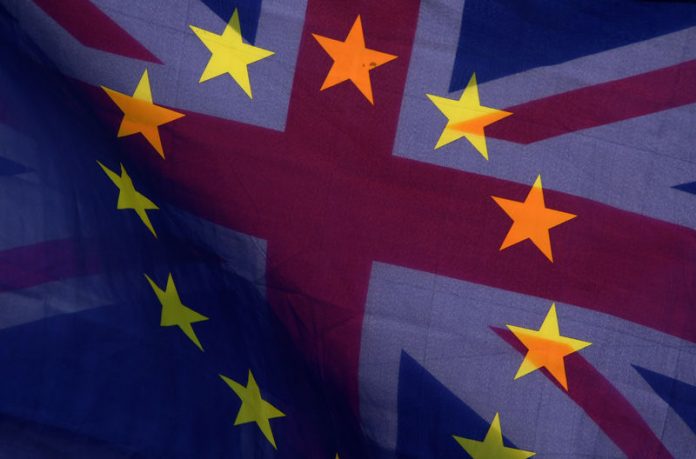The Brexit divorce bill could spiral beyond £39 billion due to rising EU pensions and spending pledges.
The real size of the UK’s Brexit divorce bill from the EU could significantly exceed £39 billion because the EU’s spending pledges and pension costs rose by tens of billions of euros last year.
The EU’s auditor described member countries annual budget fees as “moveable,” the Guardian reported, because they are linked to changing commitments and liabilities.
The British government insists that the Brexit bill will be £39 billion, with payments that mostly decrease annually until 2064. But EU negotiators have never endorsed a specific figure, with one senior EU source estimating last year the figure would be £53 billion.
The UK has agreed to pay a share of EU bills as part of its divorce settlement from the EU.
The claims are different because they rest on a complex series of calculations with uncertain factors including the likelihood of an EU country defaulting on a loan and the life expectancy of Brussels diplomats.
New figures released by EU auditors reflect the EU’s growing debts and liabilities that the UK will be forced to pay into after Brexit. Spending pledges hit €267 billion, or £237 billion, last year, up from €239 billion (£212 billion) in 2016.
Both pension contributions and EU budget guarantees rose significantly and the backlog, which auditors say the EU should bring under control, is increasing faster than predicted.
The news comes at a crucial point in Brexit negotiations. There are reports that Theresa May’s latest plan to solve the tricky Irish border issue is to effectively keep the whole of the UK in the customs union and keep Northern Ireland aligned with single market rules, the Telegraph reported. While customs union membership is likely to be sold as a temporary measure, it is far from clear that Theresa May could persuade the DUP and hard Brexiteers like Liam Fox to support the plan. Without that support, the deal would be rejected in parliament.
Despite that, the reported plan does represent some form of progress, and Dublin is said to be behind the plan as a compromise. Member states who have taken a hardline position in negotiations, however, such as France, are unlikely to favour a compromise.








